Master in Business in Muslim Countries
Professional Master in Business in Muslim Countries (e-learning,  )
)
The Online Master in International Business (MIB) specialization in Business in Muslim Countries (English) taught by EENI Global Business School is designed to offer a global and practical vision on the Asian, African, the Middle East, and European Muslim markets (1.57 billion people, 23% of the world's population).

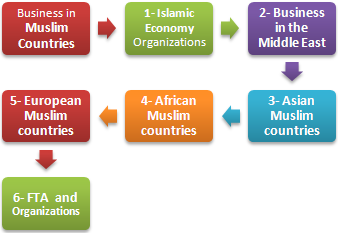
- Doing Business in the Islamic Markets: Saudi Arabia, the Emirates, Pakistan, Iran, Nigeria, Kuwait, Indonesia, Tunisia, Turkey.
- Trade relations between the Muslim Countries
- Foreign Trade and FDI flows in the Muslim Markets
- The largest Islamic Economic Organizations: Islamic Development Bank, League of Arab States, Gulf Cooperation Council, Economic Cooperation Organization
- Free Trade Agreements related to the Islamic Markets
- Economic Areas of the Islamic Civilization: Eurasian, Arab, African, Malay and Maghrebian
- Fundamentals of Islam and their relationship in the way of doing Business in Muslim Countries
A Professional Master intended for all those wanting to specialize in the international business with the Islamic markets.
 Enrol / Request for Information
Enrol / Request for Information

The graduate students in this Professional Master can Enroll directly in the Doctorate in Islamic Business. Moreover, they only need to complete the research methodology module, Thesis, and other modules are not studied in this Master. In this case, the total amount of the doctorate will be € 2,000.
Language: 
- Also available in For improving the international communication skills, the student has free access to the learning materials in these languages (free multilingual training). The student can review the subjects in whatever language and use one of the four languages as a vehicular language of the campus and to complete the exercises. The student can do the exercises, thesis or communicate with professors in English, French, Spanish or Portuguese.
 Master Negocios Internacionales
Master Negocios Internacionales  Master en affaires internationales
Master en affaires internationales  Mestrado em Negócios Internacionais
Mestrado em Negócios Internacionais
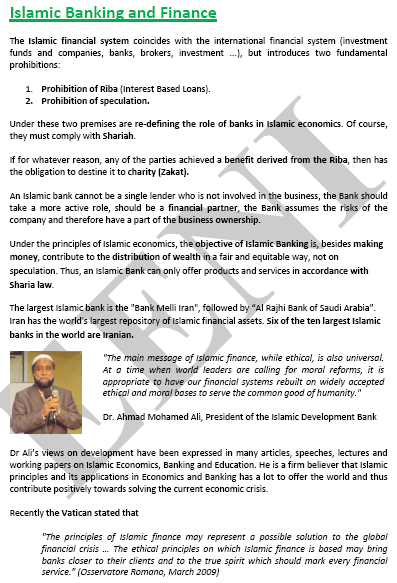
A Master in Business in Muslim Countries that fits your schedule and helps you to get better employment.
The Master in Business in Muslim Countries consists of twelve modules:
- Islam: Ethics and Business (PDF) (structure) (5 ECTS)
- Economic Organizations and Integration Process related to the Islamic Markets (PDF) (7 ECTS)
- Islamic Economic Areas (9 ECTS)
- Business in the Middle East (PDF) (structure) (15 ECTS)
- Economic Institutions and Regional Integration Process related to the Asian Islamic Countries. Bangladesh and the Maldives (5 ECTS)
- Business in Central Eurasia (PDF) (structure) (14 ECTS)
- Business in the ASEAN Muslim Countries (PDF) (structure) (10 ECTS)
- Economic Institutions and Regional Integration Process related to the African Islamic Countries (4 ECTS)
- Business in the Maghreb (PDF) (structure) (8 ECTS)
- Business in the East African Muslim Countries (18 ECTS)
- Business in Muslim Countries of West and Central Africa (20 ECTS)
- Business in Guyana and Suriname
- Thesis of the Master (10 ECTS)
ECTS = European Credit Transfer and Accumulation System.
Note: Although 172 million Muslims live in India (the third country in the world by the number of Muslims), it has not been included in this master because India is analyzed in other masters
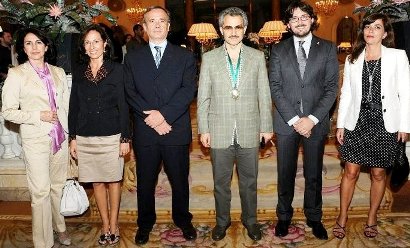
EENI delivers to HRH Prince Alwaleed bin Talal a Master Honoris Causa.
- Muslim population: 1.6 billion people (23% of the world's population)
- Only 15% of Muslim are Arabs (Middle East)
- 62% of the world's Muslim population lives in Asia and 20% in the MENA region (Middle East and North Africa)
- 172 million of Muslims live in India
- 40% of the African population is Muslim
- 300 million of Muslims live in countries where Islam is not the majority religion: China, India, Russia
- 44 million of Muslims live in Europe
Modules and Subjects of the Master in Business in Muslim Countries
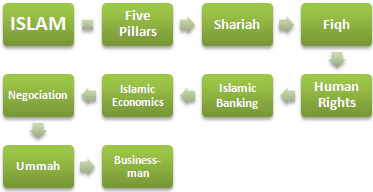
Module- Islam and Business.
- Introduction to Islam. Prophet Muhammad
- The Five pillars of Islam
- Sunnis and Shiites
- Sharia
- Fiqh (Islamic Jurisprudence)
- Principles of the Islamic Economics. Economic Impact of Zakat
- Role of the Islamic Banking
- The Ummah (Muslim Community) in Asia, Africa and Europe
- Human Rights in Islam
- How to negotiate with the Islamic Countries
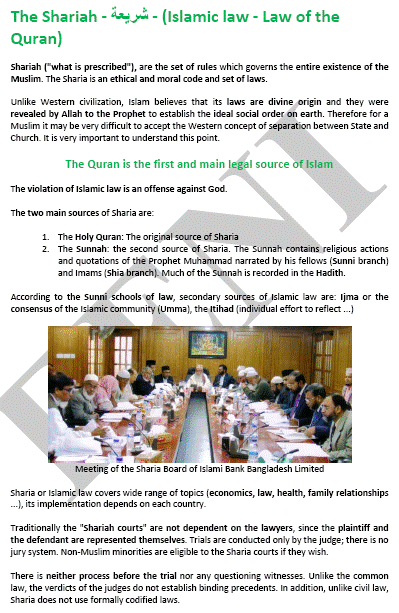

Module- Economic Organizations and integration process related to the Islamic Markets
The main objective of the module “Islamic Economy and Organizations” is to provide an overview of the largest Islamic Organizations (League of Arab States, Economic and Social Commission for Western Asia, Islamic Development Bank, Organization of Islamic Cooperation...).
It also discusses other non-Islamic Organizations but related to the Islamic Countries (Indian Ocean Rim-Association for Regional Cooperation, Asia-Middle East Dialogue, Summit of South American-Arab Countries...).
- Islamic Development Bank (البنك الإسلامي للتنمية)
- Organization of Islamic Cooperation (منظمة التعاون الاسلامي)
- Affiliated bodies (Islamic Chamber of Commerce...)
- Trade Preferential System (TPS-OIC)
- ESCWA (الأمم المتحدة اللجنة الاقتصادية والاجتماعية لغربي آسيا)
- Arab League [جامعة الدول العربية)
- Greater Arab Free-Trade Area (GAFTA)
- Afro-Arab Cooperation
- Trade Agreements related to the Muslim Countries
- Agadir Agreement (Arab Mediterranean Free Trade Agreement)
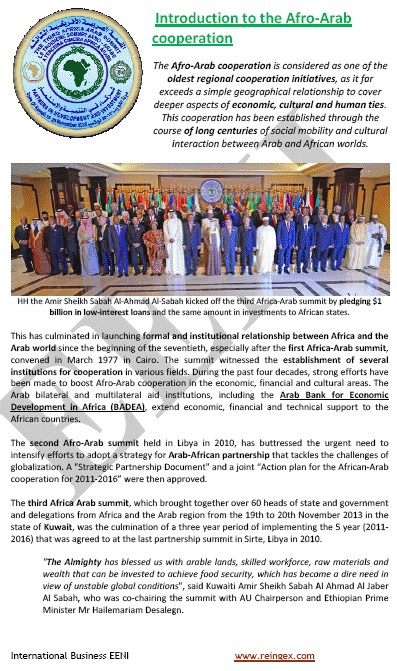
Download the syllabus of the subject: “Islamic Institutions (PDF).
International relations of the Muslim Countries:
- Asia-Middle East Dialogue (آسيا - الشرق الأوسط حوار)
- Africa-Asia Strategic Partnership
- Summit of South American-Arab Countries (قمة للدول العربية الأمريكية الجنوبية)
- Indian-Ocean Rim Association
- European Union:
- Generalized System of Preferences
- Euro-Mediterranean Partnership
- Africa-India Cooperation
- Africa-BRICS (Brazil, Russia, India, China, and South Africa) Cooperation
- ...
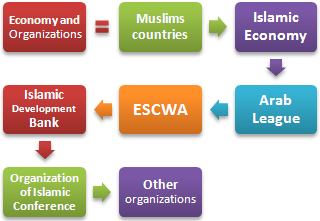
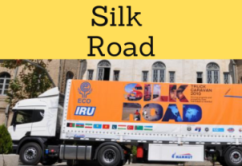
- Almaty-Bishkek Corridor
- Bangladesh-Myanmar Corridor
- China-Pakistan Corridor
- China-Central-West Asia Corridor
- India-Afghanistan Corridor
- Europe-Caucasus-Asia Corridor
- Corridor of the Ashgabat Agreement
- North-South Corridor (India-Russia)
- Afghanistan-Turkey Corridor
- Trans-Caspian Corridor
- Kyrgyzstan-Iran Corridor
- Islamabad-Istanbul Corridor
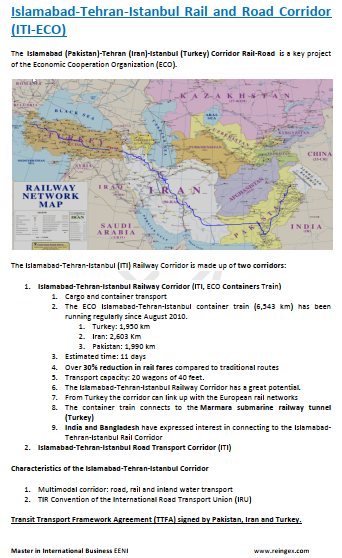
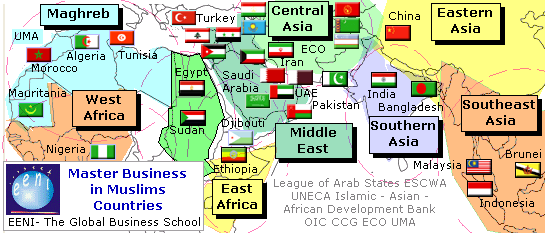
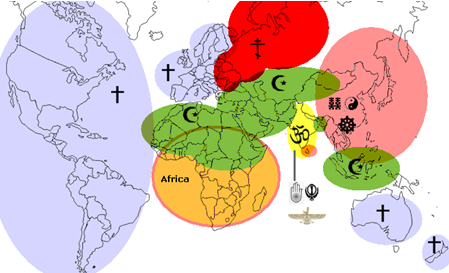
Module- Islamic Economic Areas.
- Islam: the unifying factor of the Ummah (Islamic Civilization)
- Economic Areas of the Islamic Civilization
- Arab Economic Area (PDF)
- Maghrebian Economic Area (PDF)
- West African Economic Area (PDF)
- East African Economic Area (PDF)
- Central Eurasian Economic Area (PDF)
- Malay Economic Area (ASEAN)
- Economic integration process between the countries of the Islamic Civilization
- Interactions of the Islamic Civilization with the other civilizations (Western, Hindu, Buddhist, African...)
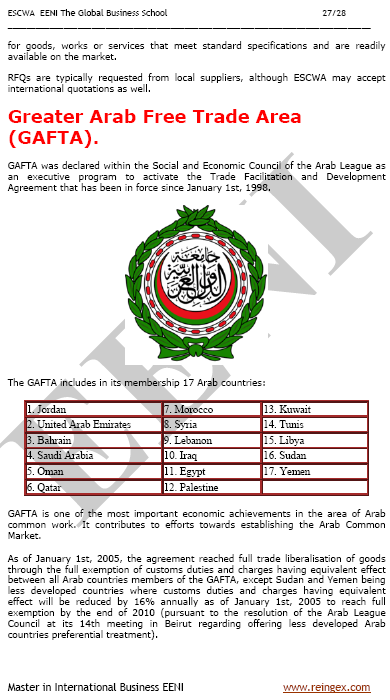
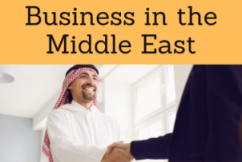
Module- Business in the Middle East.
1- Gulf Cooperation Council (GCC).
2- GCC member countries:
3- Other countries in the region not members of the GCC.
4- Arab Women: Lubna Al Qasimi, Reem Al-Hashimi, Rustamani, Maskari, Olayan, Sindi, Bahar, Ghunaim, Kuwari, Ayoubi, Bdeir...
Arab businessmen: Prince Bin Talal, Mohamed Al Jaber, Bukhamseen, Kharafi, Kanoo, Ghurair, Futtaim, Barwani, Abdalla...
- Introduction to the Arab Official Development Assistance
- Main Arab development funds: Arab Monetary Fund, Saudi Fund, Arab Fund for Economic Development, Arab Trade Finance, Abu Dhabi Fund, Arab Gulf Program, Kuwaiti Fund
- BADEA
6- Eastern Catholic Churches (Maronites, Chaldeans).
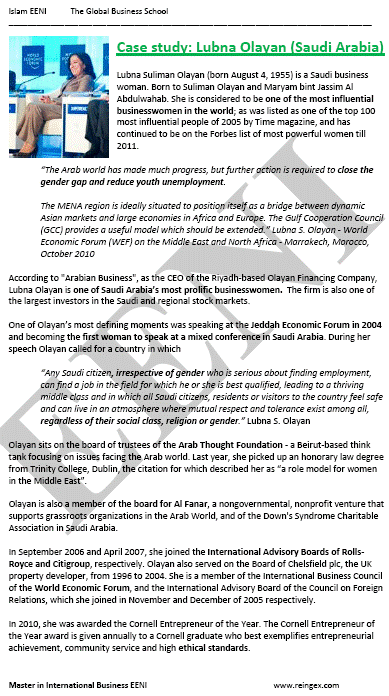
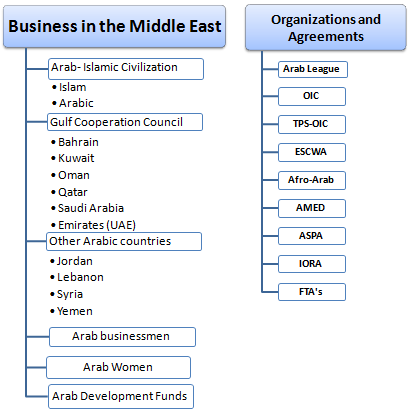
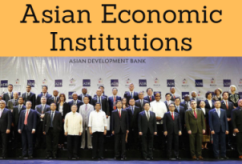
Module- Economic Institutions and regional integration process related to the Asian Islamic Countries. Bangladesh and the Maldives.
- Bangladesh
- Maldives
- Asian Development Bank
- Colombo Plan
- Boao Forum for Asia
- Asia Cooperation Dialogue
- ESCAP
- SAARC
- South Asia Subregional Economic Cooperation (SASEC)
- Asian Clearing Union (ACU)
- Bay of Bengal Initiative (BIMSTEC)
- FEALAC
- ...
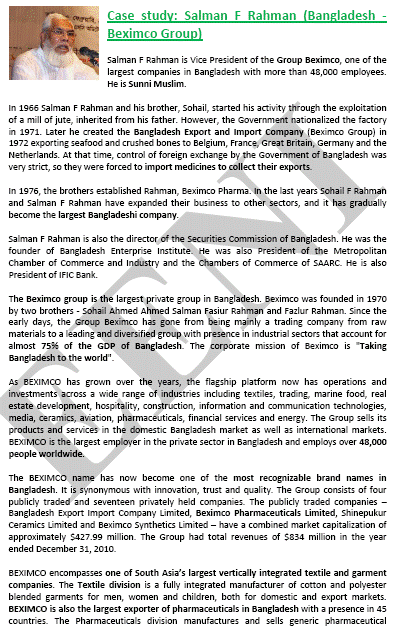
Download the syllabus: “Asian Institutions” (PDF).
The main objective of the module “Business in the Asian Muslim Countries” is to provide an overview of the Asian Islamic markets and the business opportunities in these markets.
- To learn to do business in the Asian Islamic Markets (Brunei, Bangladesh, Indonesia, Iran, India, Malaysia, Pakistan)
- To analyze the foreign direct investment flows and international trade
- To know the Trade Agreements in the region
- To know the regional Organizations related to the Asian Islamic Countries
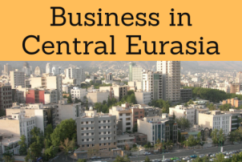
Module - Business in Central Eurasia.
1- The two largest Central Asian economies:
2- Central Asian Countries:
3- The case of Turkey.
4- Central Eurasian Economic Organizations:
- Shanghai Cooperation Organization (SCO)
- Commonwealth of Independent States (CIS)
- Economic Cooperation Organization (ECO)
- Cooperation Council of Turkic Speaking States
- Eurasian Economic Union (EAEU)
- Central Asia Regional Economic Cooperation (CAREC)
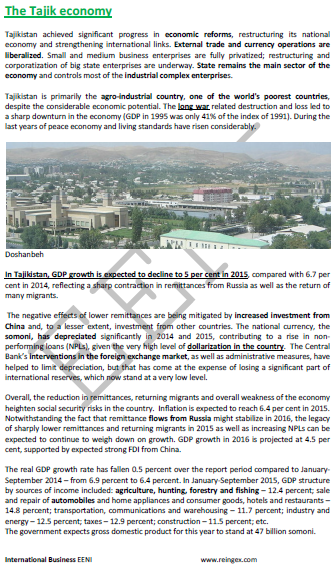
Download the syllabus “Doing Business in Central Eurasia” (PDF).
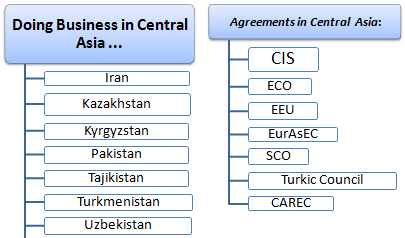
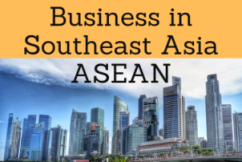
Module- Business in the ASEAN Muslim Countries
1- ASEAN.
- ASEAN Free-Trade Area (AFTA)
- ASEAN Economic Community
- ...
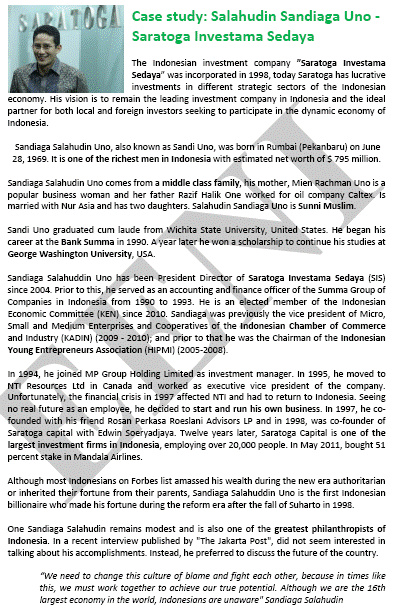
2- The three ASEAN Muslim Countries (representing 42% of the total ASEAN population).
3- APEC and the ASEAN Muslim Countries. Transpacific Strategic Agreement.
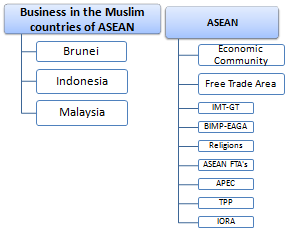

Module- Economic Institutions and regional integration process related to the African Islamic Countries
In Africa, there are four key business-related institutions related to the African Countries with Muslim majorities:
Download the syllabus: “African Institutions(PDF).
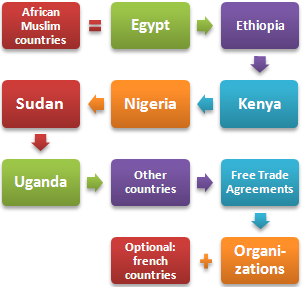
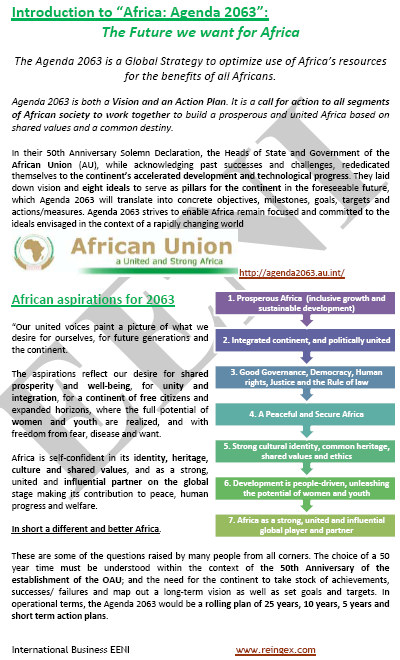
The main objective of the module Doing Business in the African Muslim Countries is to provide an overview of the Islamic African Markets and the business opportunities in these markets.
- To learn to do business in the Islamic African Markets (Egypt, Nigeria, Sudan, Morocco, Djibouti, Algeria, Mali...)
- To analyze the Foreign Trade and FDI in the main investment sectors
- To know the Trade Agreements in the region
- To know the regional Organizations related to the Islamic African Countries
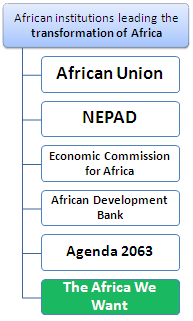
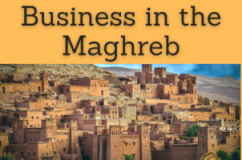
Module - Business in the Maghreb.
1- Introduction to the Maghreb
2- Arab Maghreb Union (AMU).
3- Maghrebian Countries:
- Algeria
- Libya
- Morocco
- Mauritania
- Tunisia
- Maghrebian Businesspeople
4- Logistics in the Maghreb
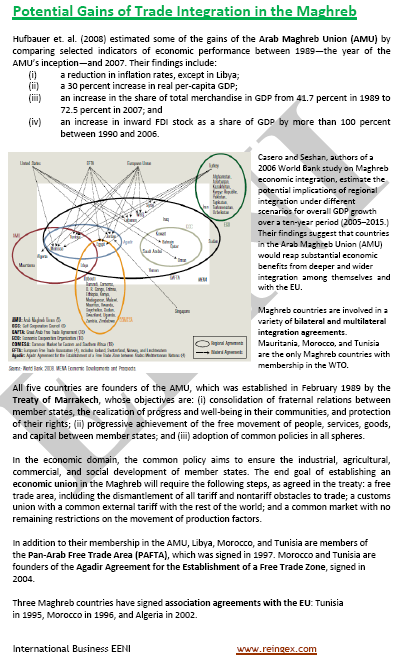
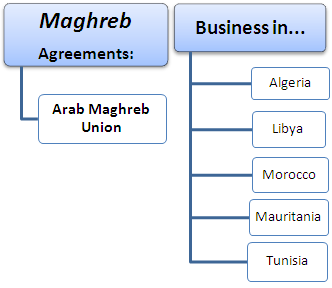
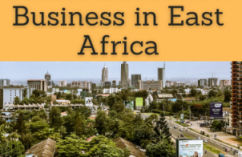
Module- Business in the East African Muslim Countries
1- East African countries with Muslim majorities:
2- Organizations related to the countries with Islamic majorities in East Africa.
- Common Market for Eastern and Southern Africa (COMESA)
- COMESA-EAC-SADC Tripartite Agreement
- Intergovernmental Authority on Development (IGAD)
- Nile Basin Initiative (NBI)
3- Logistics in East Africa.
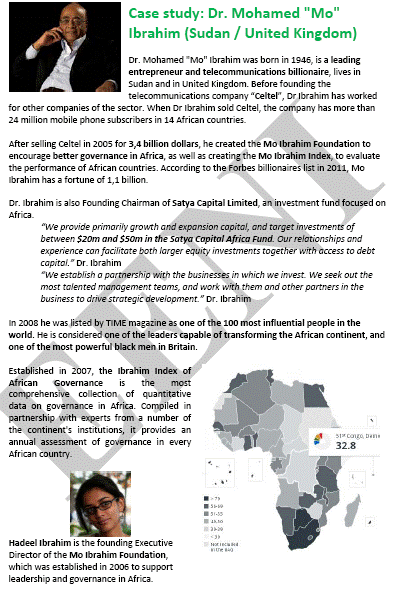
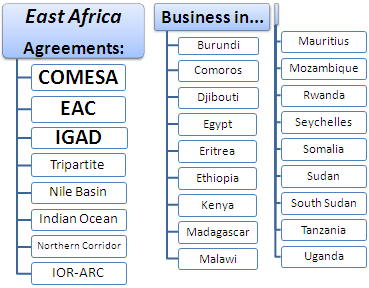
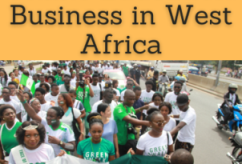
Module- Business in Muslim Countries of West and Central Africa
Fifty percent of the West African population is Muslim.
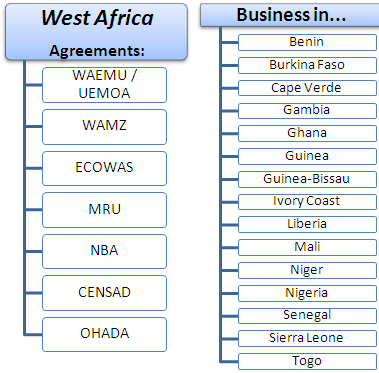
1- West and Central African Countries with Muslim majorities.
- Nigeria (50% of the Nigerian population, 85 million Nigerians are Muslims)
- Burkina Faso
- Chad
- The Gambia
- Guinea-Bissau
- Guinea
- Mali
- Niger
- Senegal
- Sierra Leone
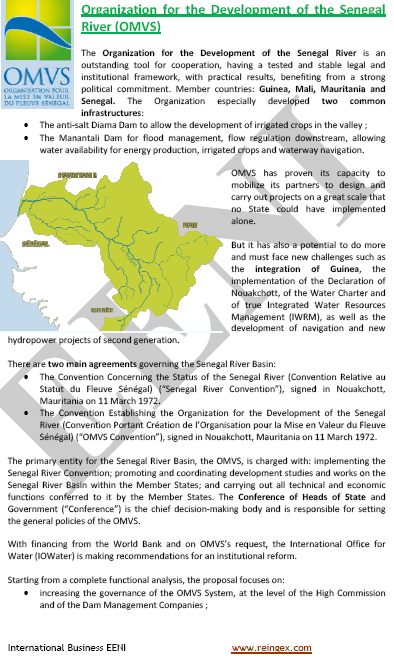
2- Organizations related to the countries with Islamic majorities in West and Central Africa.
- West African Economic and Monetary Union (WAEMU)
- Economic Community of West African States (ECOWAS)
- West African Monetary Zone (WAMZ)
- Niger Basin Authority (NBA)
- Organization for the Development of the Senegal River
- Mano River Union (MRU)
- Economic Community of Central African States (ECCAS)
- CEN-SAD
- Organization for the Harmonization of Business Law in Africa (OHADA)
4- Logistics in West Africa.

Module - American Muslim Markets
The Case of Guyana and Suriname (members of the CARICOM).
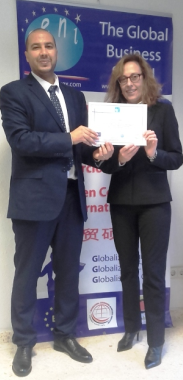
The student has to pass the online continuous assessment exercises for each subject as well as the final online Master's Thesis. If the professor considers that the minimum level has not been reached, he will guide the student to improve the quality of his exercises or thesis and send them back.
The most important thing for EENI is that the student correctly learns the Master's subjects and objectives.
Once all the exercises and thesis have been approved, the student obtains the “Diploma of Professional Master of Science (MSc) in International Business (MIB) specialization in Muslim Countries” issued by EENI Global Business School.
In this case, it will be necessary to send us by mail (not valid by email) a certified photocopy of your diploma of Bachelor's Degree. This is necessary for the issuance of your diploma and not to enroll.
Those students, who are not in possession of a Bachelor's Degree, may Enroll but will receive the “Advanced Certificate Program in Business in Muslim Countries.”
Content Adaptation of the Master in Business in Muslim Countries.
The contents of the master are adapted to several countries and regions (Europe, Africa, America, and the Middle East). The adaptation to each country/region is based on the inclusion in the master of the Free Trade Agreements of each country/region and with the regional economic institutions of the country.

